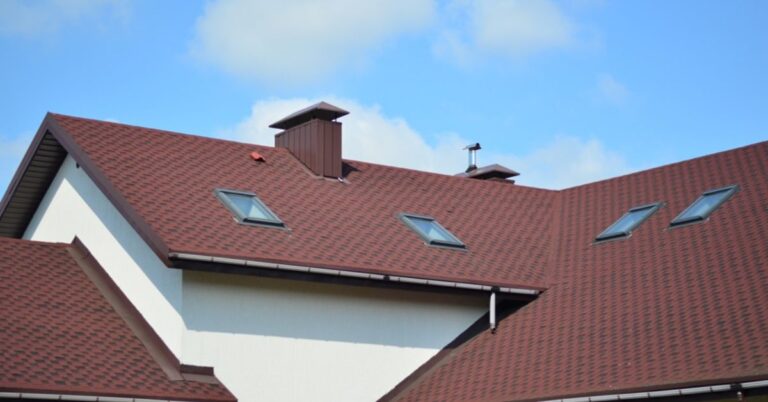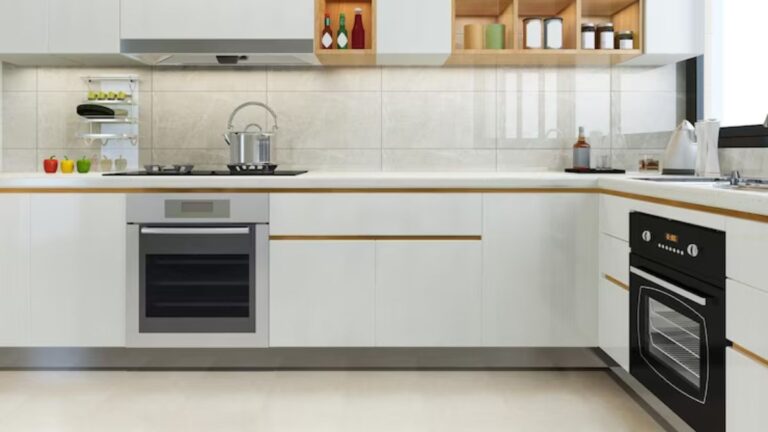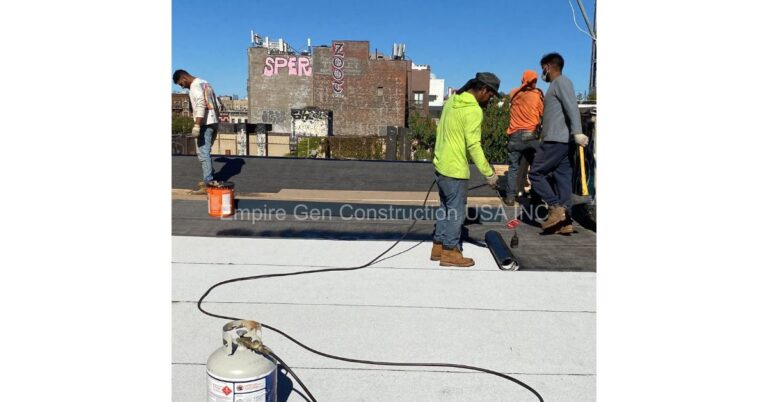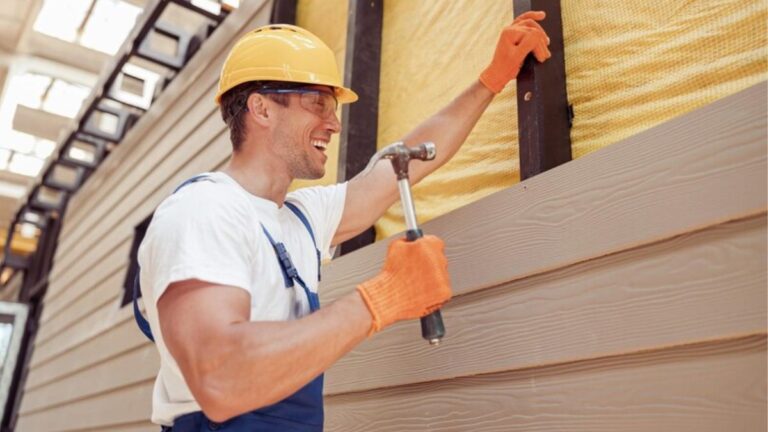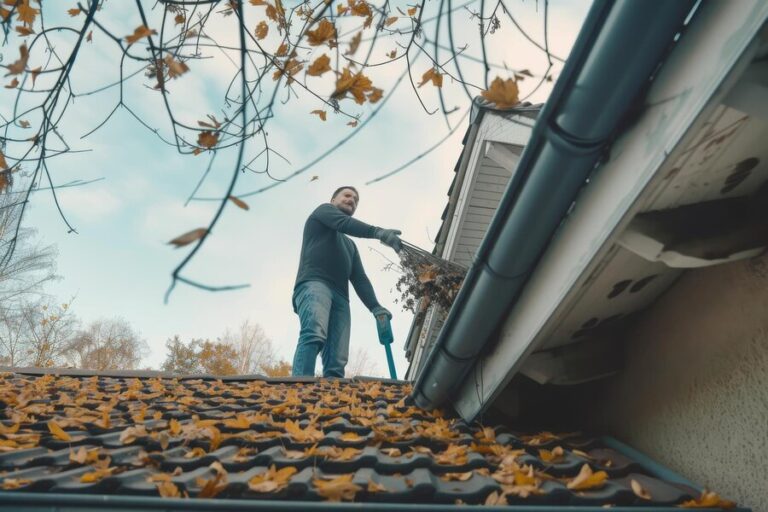Commercial vs. Residential Pressure Washing: Key Differences You Should Know
Introduction: Two Worlds of Pressure Washing
Pressure washing is a versatile cleaning method that’s commonly used to maintain both commercial and residential properties. While the basic principles remain the same—using high-pressure water to remove dirt, grime, and contaminants—the approach can vary significantly depending on the setting. Understanding the key differences between commercial and residential pressure washing is crucial for property owners, as each environment presents unique challenges and requires specialized techniques.
Whether it’s residential or commercial, Presh Clean offers top-notch pressure washing services throughout Westchester County. Their team is dedicated to restoring the cleanliness and curb appeal of your property, using advanced techniques to remove dirt, grime, and stains effectively.
This article dives into the distinct aspects of commercial and residential pressure washing, exploring why it’s important to tailor the process to the specific needs of each setting.
The Scope of Work: Size and Complexity Matter
- Size of the Property
One of the most obvious differences between commercial and residential pressure washing is the size of the property. Commercial properties, such as office buildings, shopping centers, and warehouses, tend to be much larger than residential homes, requiring more extensive cleaning efforts.
- Commercial Properties: These locations often feature large parking lots, expansive facades, and multiple entry points that all need attention. The sheer size of commercial properties means that pressure washing projects can take significantly longer and may require more powerful equipment to cover large areas efficiently.
- Residential Properties: While smaller in scale, residential properties often include detailed features such as decks, patios, and delicate landscaping. Pressure washing in a residential setting must be precise to clean thoroughly without damaging these features.
- Complexity of Surfaces
Commercial properties often have a wider variety of surfaces that require cleaning, each with its own set of challenges. From concrete parking lots to metal facades and glass windows, commercial pressure washing must address different materials effectively.
- Diverse Materials in Commercial Settings: Commercial properties can feature a mix of materials, such as stone, brick, glass, and metal, all in one building. Each material may require a different pressure level and cleaning approach to avoid damage while achieving a thorough clean.
- Residential Surfaces: Residential pressure washing typically deals with a narrower range of materials, such as wood, vinyl siding, and concrete driveways. However, the focus on aesthetic details in homes means that even small mistakes can be noticeable, requiring a careful and gentle approach.
Equipment and Techniques: Tailoring the Tools to the Task
- Equipment Differences
The equipment used in commercial pressure washing is generally more powerful and industrial-grade compared to that used in residential settings. This is necessary to handle the larger scale and tougher conditions often found in commercial environments.
- High-Powered Machines: Commercial pressure washing often employs machines that can produce higher pressure and flow rates to clean large areas quickly and effectively. These machines are capable of tackling stubborn stains, heavy grime, and even graffiti on expansive surfaces.
- Residential Machines: While still powerful, the equipment used for residential pressure washing is typically less intense, focusing on delivering a balance between effective cleaning and protecting delicate surfaces. This ensures that materials like wood siding or patio furniture aren’t damaged during the process.
- Technique Variations
The techniques used in pressure washing must be adapted to suit the environment. Commercial properties might require aggressive cleaning methods to remove industrial grime, while residential areas often need a gentler touch.
- Commercial Techniques: In a commercial setting, pressure washing might involve the use of specialized detergents, hot water, or steam to break down tough stains like oil spills, paint, and industrial residue. The goal is to restore a clean and professional appearance to heavily trafficked areas.
- Residential Techniques: Residential pressure washing focuses more on preserving the look and integrity of surfaces. Techniques such as soft washing—a low-pressure method combined with biodegradable detergents—are often used to clean delicate materials like roofing shingles or painted surfaces without causing damage.
Scheduling and Frequency: Adapting to the Needs of the Property
- Scheduling Requirements
The scheduling of pressure washing services also differs significantly between commercial and residential settings. Commercial properties often operate on tight schedules that require flexibility and after-hours work to minimize disruptions.
- Commercial Scheduling: Businesses usually need pressure washing services to be performed outside of regular operating hours—such as early in the morning or late at night—to avoid interfering with customers and daily operations. This requires pressure washing companies to be flexible and efficient in their scheduling.
- Residential Scheduling: Homeowners generally have more flexibility in scheduling pressure washing services, often opting for times that are convenient for them during the day. The focus is usually on achieving the best results without the urgency of a commercial timeline.
- Frequency of Cleaning
The frequency of pressure washing is another key difference. Commercial properties often require more frequent cleaning due to higher traffic and stricter maintenance standards.
- Regular Maintenance for Commercial Properties: High-traffic areas like storefronts, sidewalks, and parking garages in commercial settings may need to be pressure washed multiple times a year, or even monthly, to maintain a clean and safe environment for customers and employees.
- Seasonal Cleaning for Residential Properties: Residential properties usually benefit from pressure washing once or twice a year, typically in the spring and fall, to remove accumulated dirt and prepare the home for seasonal changes.
Environmental and Safety Considerations
- Environmental Impact
Environmental considerations play a role in both commercial and residential pressure washing, but the scale and focus can differ.
- Commercial Environmental Concerns: Large-scale pressure washing in commercial settings often involves dealing with pollutants like oil, chemicals, and waste that can run off into storm drains. Proper disposal methods and the use of eco-friendly detergents are critical to minimizing environmental impact.
- Residential Eco-Friendliness: In residential settings, the focus is on protecting landscaping, gardens, and local wildlife. Homeowners often prefer environmentally safe products and methods that won’t harm their plants or pollute the local water supply.
- Safety Measures
Safety is a top priority in both commercial and residential pressure washing, but the risks and required precautions can vary significantly.
- Commercial Safety: In commercial settings, pressure washing teams must be aware of potential hazards like heavy machinery, traffic, and pedestrian safety. This often requires additional safety gear, signage, and coordination with property managers to ensure a safe working environment.
- Residential Safety: Safety in residential pressure washing often revolves around protecting the home and its inhabitants. This includes safeguarding windows, doors, and electrical outlets from water damage, as well as ensuring that the pressure washing process doesn’t disturb neighbors or pets.
Expertise and Experience: The Value of Specialized Knowledge
- Expertise Required
The expertise needed for commercial pressure washing differs from that required for residential jobs. Understanding these differences ensures that the job is done correctly, regardless of the setting.
- Commercial Expertise: Commercial pressure washing requires knowledge of industrial-strength equipment, safety regulations, and the ability to handle complex, large-scale projects. Experienced professionals must know how to clean a variety of surfaces quickly and effectively without disrupting business operations.
- Residential Expertise: In residential pressure washing, the emphasis is on attention to detail and preserving the home’s aesthetic appeal. Professionals need to be skilled in adjusting pressure levels and using the right techniques for different materials, ensuring that every part of the property is cleaned safely and thoroughly.
- Choosing the Right Service
Whether you need pressure washing for a commercial or residential property, it’s important to choose a service provider with the right expertise for the job.
- Tailored Services: Look for a pressure washing company that offers tailored services specific to your property type. A company with experience in both commercial and residential pressure washing can provide the flexibility and specialized knowledge needed to achieve the best results.
- Assessing Credentials: Ensure that the service provider is fully licensed, insured, and trained in the latest pressure washing techniques. This protects your property and guarantees a high standard of work.
Conclusion: Selecting the Right Approach for Your Property
Understanding the key differences between commercial and residential pressure washing is essential for choosing the right approach to maintaining your property. While the core principles of pressure washing remain the same, the scope, equipment, techniques, and safety considerations vary depending on the environment. Whether you’re looking to enhance the curb appeal of your home or maintain a clean, professional appearance for your business, it’s crucial to work with a pressure washing service that can tailor its approach to meet your specific needs. For property owners seeking expert care, Presh Clean offers specialized pressure washing solutions designed to deliver outstanding results for both commercial and residential clients.



